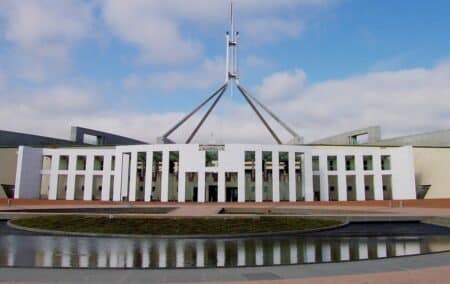Australian Prime Minister Anthony Albanese says the October referendum on giving indigenous citizens a voice in parliament via a permanent body empowered to give advice on law-making is ‘a once-in-a-generation chance to bring our country together and to change it for the better’.
But the proposal is the subject of fierce debate, the BBC reports.
A yes vote in the 14 October referendum would, via the Indigenous Voice to Parliament proposal, recognise Aboriginal and Torres Strait Islander people in the country’s constitution, and establish a permanent body allowing them to give advice on laws.
For it to succeed, a majority of Australians need to vote yes. There also needs to be majority support in at least four of Australia’s six states.
According to the BBC, the composition, functions and powers of the body – whose advice would not be binding – would then be designed and debated by the parliament.
Prime Minister Albanese is reported as saying that the Voice would be ‘a committee of Indigenous Australians, chosen by Indigenous Australians, giving advice to government so that we can get a better result for Indigenous Australians’.
The special committee was recommended in a historic document in 2017 called the Uluru Statement from the Heart, drafted by more than 250 Indigenous leaders.
Opposition leader Peter Dutton, a Voice opponent, has reportedly said there was not sufficient detail behind the proposal, and has expressed concern that it could racially divide Australians.
The BBC reports that while many No campaigners – including Dutton – have been accused of race-baiting and spreading disinformation, they in turn have accused the Yes campaign of elitism and of dismissing valid concerns of everyday Australians.


